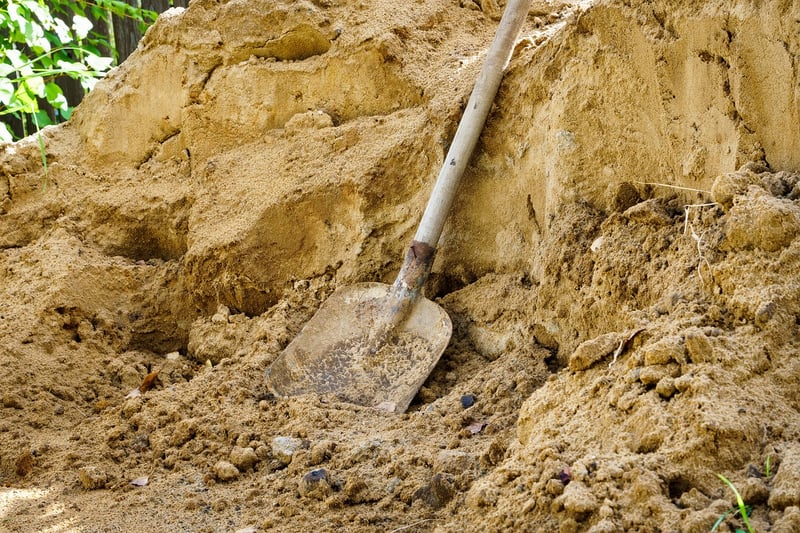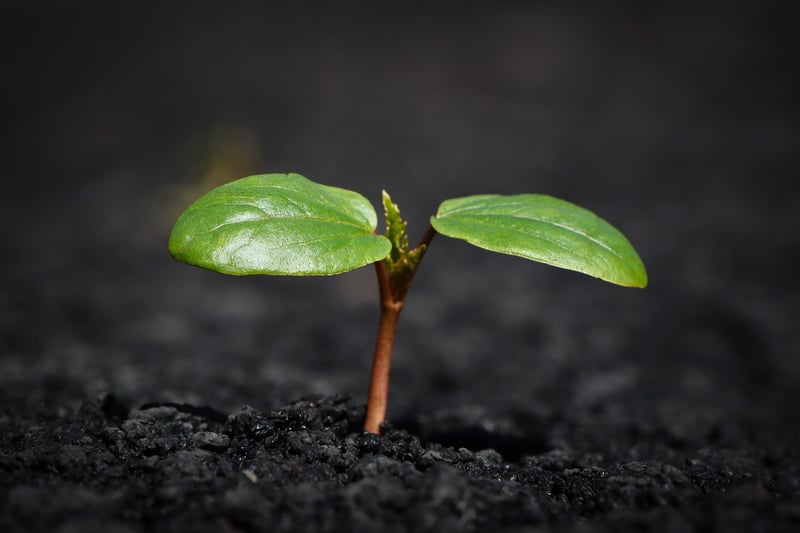Soil Nutrition
#Gardening
#Plant Care
#Garden Maintenance
Tips on Nurturing Plants and Enhancing Soil Nutrition
Nurturing Plants
Whether you are a seasoned gardener or a beginner plant parent, caring for your plants requires attention and dedication. Here are some essential tips to help you nurture your plants:
- Provide adequate sunlight: Most plants require sunlight to thrive. Be sure to place your plants in locations where they can receive the right amount of light based on their specific needs.
- Water consistently: Different plants have varying water requirements. Make sure you water your plants regularly but avoid overwatering, as it can lead to root rot.
- Monitor humidity levels: Some plants, especially tropical ones, thrive in high humidity. Consider using a humidifier or placing a tray of water near your plants to increase humidity levels.
- Prune when necessary: Regular pruning helps promote healthy growth and prevents overcrowding. Trim dead or yellowing leaves and encourage new growth.
- Fertilize appropriately: Use a balanced fertilizer to provide essential nutrients to your plants. Follow the instructions on the fertilizer package to avoid overfeeding.
- Inspect for pests: Keep an eye out for common pests like aphids, spider mites, and mealybugs. Treat infestations promptly to prevent damage to your plants.
Enhancing Soil Nutrition
Healthy soil is the foundation for strong and vibrant plants. Here are some ways to enhance soil nutrition in your garden or indoor plants:
- Compost: Adding compost to your soil improves its structure, enhances nutrient content, and promotes microbial activity. Start a compost bin using kitchen scraps and yard waste.
- Mulch: Mulching helps retain moisture, suppresses weeds, and adds organic matter to the soil as it breaks down. Use organic mulches like wood chips, straw, or leaves.
- Cover crops: Planting cover crops like clover or vetch during the off-season can prevent erosion, fix nitrogen in the soil, and improve soil fertility.
- Rotate crops: Practice crop rotation to prevent nutrient depletion and reduce the risk of pest and disease buildup. Alternate planting different types of crops in the same area each season.
- Add organic matter: Incorporate organic matter such as compost, aged manure, or leaf mold into your soil to improve its structure, water retention, and nutrient content.
- Test soil pH: Use a soil testing kit to determine the pH level of your soil. Adjust the pH as needed to create an optimal environment for plant growth.

By following these tips on nurturing plants and enhancing soil nutrition, you can create a thriving garden filled with healthy and beautiful plants.
Remember, each plant is unique, so be sure to research the specific needs of your plants to provide them with the best care possible.
